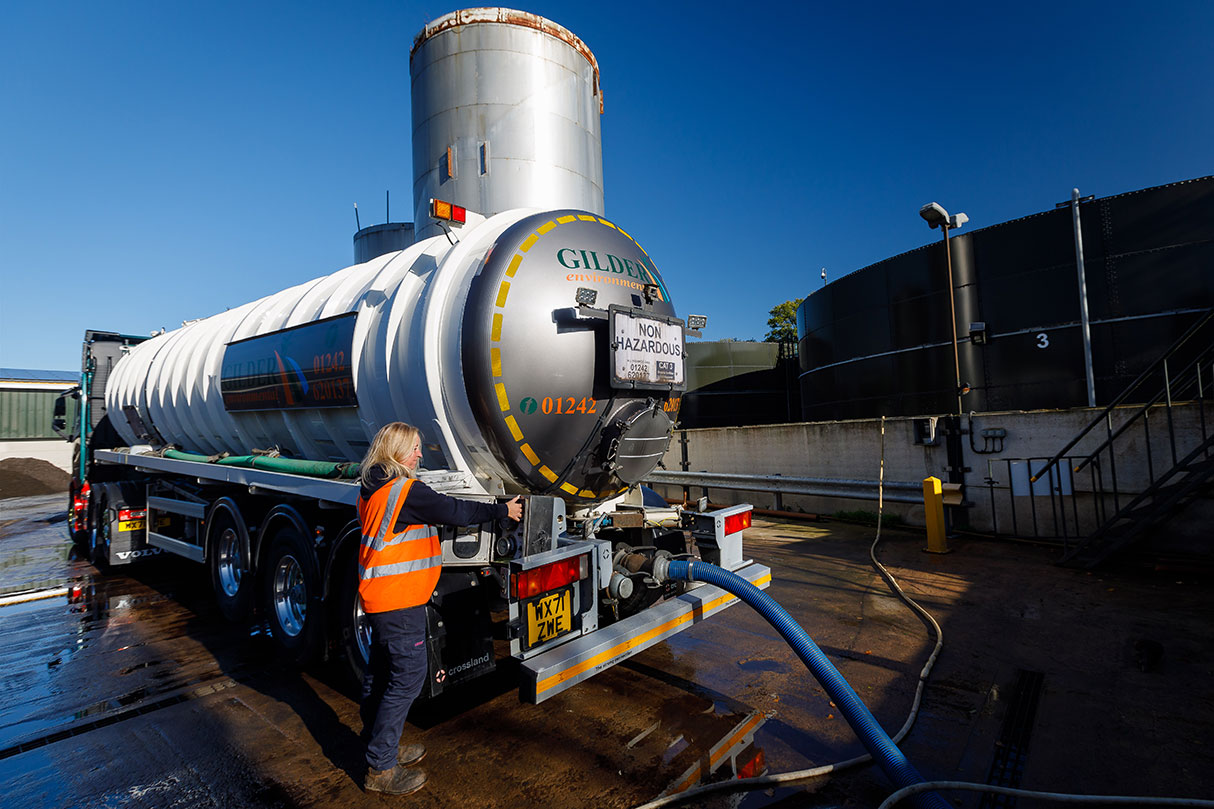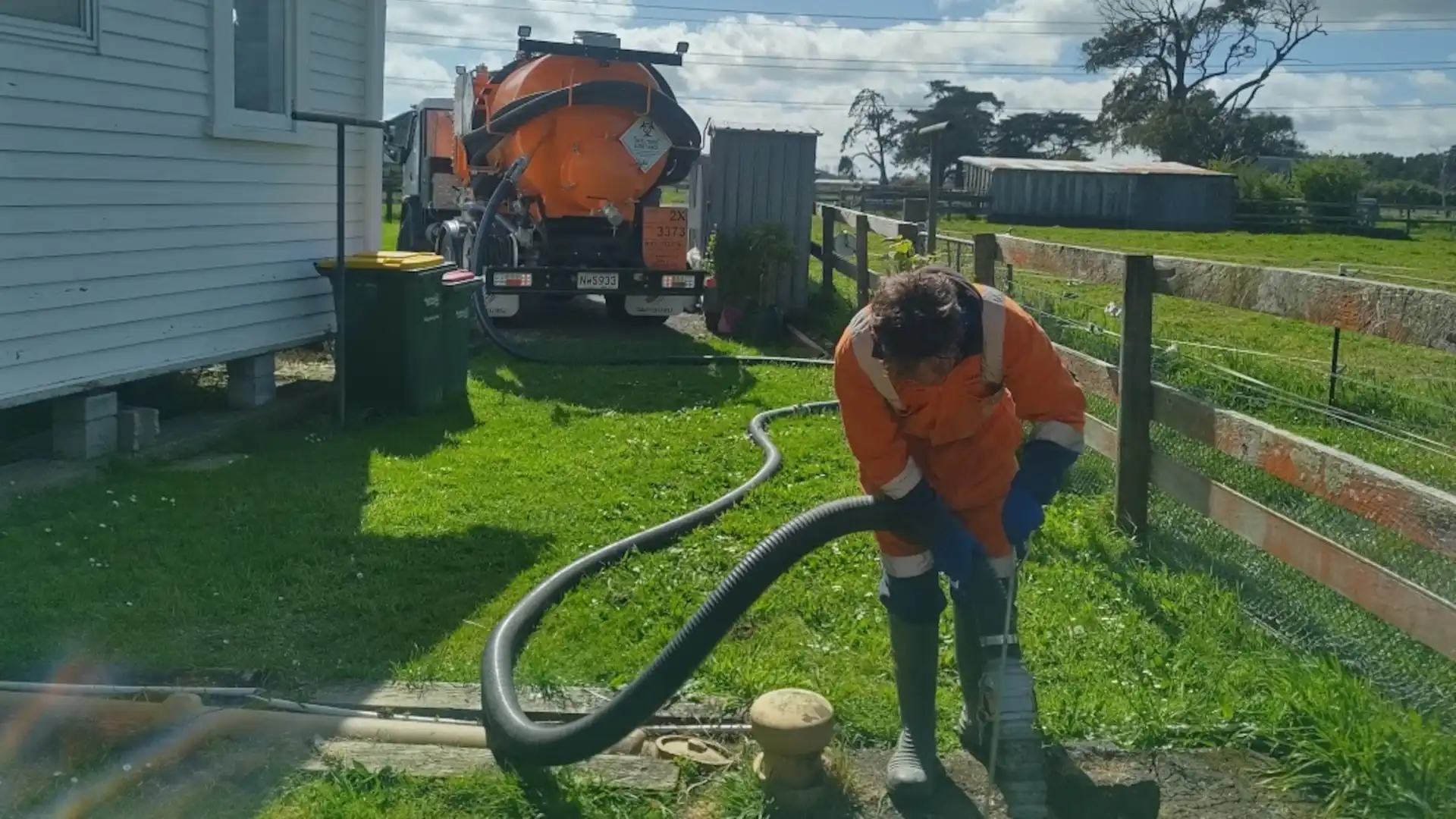Top Liquid Waste Disposal Melbourne: Trusted Providers for Proper Waste Monitoring
Top Liquid Waste Disposal Melbourne: Trusted Providers for Proper Waste Monitoring
Blog Article
Comprehending the Comprehensive Refine of Fluid Garbage Disposal: Ideal Practices and Environmental Influence Factors To Consider
The administration of fluid waste disposal is a multifaceted problem that requires a thorough understanding of numerous best techniques and their connected ecological impacts. From the kinds of liquid waste produced to the approaches employed for collection, therapy, and last disposal, each step plays an essential role in guarding communities and public wellness.
Kinds Of Liquid Waste
Recognizing the various sorts of liquid waste is essential for efficient monitoring and disposal practices. Liquid waste can be generally classified right into several types, each calling for unique handling and treatment techniques.
Industrial fluid waste frequently consists of unsafe materials, including hefty steels, solvents, and chemicals, generated during producing processes. These wastes require rigorous regulatory compliance to secure human health and the atmosphere. Residential fluid waste primarily refers to wastewater produced from households, consisting of sewer and greywater, which, although less hazardous, can still pose significant threats if poorly handled.
Agricultural liquid waste, consisting of overflow from ranches, commonly contains fertilizers and pesticides that can lead to environmental degradation if not treated properly. Medical liquid waste, generated from healthcare centers, consists of infected fluids such as bodily fluids and chemicals, calling for specialized disposal approaches to protect against infection and ecological contamination.
Last but not least, oil and oil waste, commonly generated by dining establishments and vehicle markets, can cause severe obstructions in drain systems if not managed effectively. Recognizing these groups assists in targeted techniques for treatment, conformity with guidelines, and efficient disposal methods, ultimately advertising environmental sustainability and public health safety.

Collection Techniques
Effective collection approaches are important for the proper monitoring of liquid waste, ensuring that it is collected safely and successfully before therapy or disposal. Numerous methods are used depending upon the kind of fluid waste produced, the quantity, and the certain qualities of the waste.
One usual method is using devoted collection tanks or sumps, which are created to capture fluid waste at the source. These systems commonly incorporate pumps that promote the transfer of waste to larger storage space containers or treatment facilities. In addition, mobile collection units geared up with vacuum cleaner innovation are used in situations where waste is produced periodically or in hard-to-reach locations.
For industrial settings, closed-loop systems can properly reduce spills and leaks, enabling the healing and reuse of liquid waste. It is also necessary to train workers on appropriate collection methods to reduce dangers connected with hazardous compounds.
Moreover, applying regular maintenance routines for collection devices makes certain optimal performance and security. The combination of innovative monitoring systems can enhance collection effectiveness by supplying real-time data on waste levels and potential risks. Generally, reliable collection approaches are fundamental to lasting liquid waste monitoring methods.
Treatment Processes
Therapy processes play a crucial duty in the administration of fluid waste, transforming possibly unsafe products into reusable sources or secure effluents - liquid waste disposal. These procedures can be extensively categorized right into physical, chemical, and biological methods, each tailored to deal with particular pollutants present in the waste stream
Physical treatment methods, such as sedimentation and filtration, work by removing suspended solids and particle issue. These strategies are frequently the initial step in the treatment chain, effectively minimizing the load on succeeding procedures. Chemical treatments involve using reagents to reduce the effects of damaging compounds, speed up hefty metals, or oxidize natural contaminants, thereby boosting the security of the effluent.
Biological therapy processes, consisting of activated sludge systems and anaerobic digestion, exploit on the natural capacities of microorganisms to weaken organic issue. These my site methods are particularly reliable for wastewater consisting of biodegradable pollutants. Advanced therapy technologies, such as membrane layer purification and advanced oxidation procedures, are increasingly utilized to accomplish greater levels of purification.
Integrating a combination of these therapy methods not only ensures compliance with regulatory criteria but likewise advertises ecological sustainability by recouping important resources from fluid waste.
Disposal Options
Just how can companies make certain the liable and secure disposal of liquid waste? Reliable disposal options are critical for safeguarding public health and the atmosphere. The primary techniques include land treatment, disposal, and incineration complied with by discharge right into local wastewater systems.
Land disposal entails the mindful control of fluid waste in marked land fills, making certain that it does not seep right into bordering soil or water. Incineration, on the other hand, topics fluid waste to heats, transforming it into ash and gases, which require proper filtration to reduce discharges. This technique appropriates for dangerous wastes that can not be treated with standard ways.
In situations where fluid waste can be dealt with, organizations might choose chemical or organic treatment processes to neutralize harmful components prior to discharging the dealt with effluent right into municipal systems. This course normally lines up with regulatory needs, making certain that the effluent satisfies safety standards.
Ultimately, companies need to carry out comprehensive assessments of each disposal alternative to identify its practicality, considering aspects such as waste structure, regulatory conformity, and potential risks to health and the setting. By picking suitable disposal approaches, companies can add to a liable waste administration method.
Environmental Influence
The environmental effect of fluid waste disposal is an essential consideration for companies seeking to decrease their ecological impact. Improper disposal techniques can lead to considerable contamination of water resources, soil deterioration, and damaging effects on regional ecosystems. For instance, hazardous liquids can seep right into groundwater, posturing risks to drinking water products and water life. In addition, the discharge of neglected or improperly dealt with waste right into surface waters can cause eutrophication, causing oxygen deficiency and the succeeding death of fish and other organisms.

To mitigate these impacts, organizations need to embrace best techniques such as implementing rigorous waste treatment procedures, advertising recycling and reuse, and you could look here sticking to governing criteria. By taking an aggressive technique to liquid waste management, entities can substantially reduce their ecological impact while supporting sustainable growth objectives. Ultimately, a thorough understanding of the ecological influences related to liquid garbage disposal is necessary for notified decision-making and accountable stewardship of natural deposits.
Verdict
Efficient administration of liquid waste is essential for safeguarding ecological honesty and public wellness. By embracing finest practices in disposal, therapy, and collection, alongside adherence to regulative requirements, the potential for harmful contamination of ecosystems can be significantly decreased. Continual innovations in innovation and processes add to lasting waste management efforts. Inevitably, an extensive understanding of fluid waste disposal not just reduces ecological impacts however additionally fosters a find out here dedication to accountable resource administration and environmental stewardship.
The administration of fluid waste disposal is a diverse problem that needs a thorough understanding of different finest methods and their connected ecological influences. From the kinds of fluid waste generated to the methods employed for collection, treatment, and final disposal, each action plays a crucial role in safeguarding communities and public health.The environmental impact of liquid waste disposal is a crucial consideration for organizations looking for to minimize their eco-friendly impact. Inevitably, a thorough understanding of the ecological influences associated with liquid waste disposal is necessary for informed decision-making and accountable stewardship of natural sources.
Inevitably, a detailed understanding of fluid waste disposal not just alleviates environmental impacts yet also fosters a dedication to liable source monitoring and environmental stewardship.
Report this page